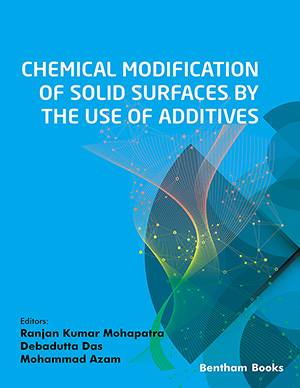Abstract
Background: Various solid acid catalysts are reported in the literature for the synthesis of heterocycles. In present work, we have explored new metal free acid catalyst for the synthesis of 1, 8- dioxo-octahydroxanthenes and 1, 8-dioxo-decahydroacridines under solvent free conditions.
Methods: In present manuscript, we have synthesized cellulose perchloric acid (CPA) catalyst by the addition of perchloric acid to cellulose dispersed in n-hexane by the reported procedure and explored further for the said syntheses.
Results: This methodology, efficiently constructs xanthenes and acridine derivatives in moderate to excellent yields. The developed protocol features environmental friendliness, short reaction times, wider substrate compatibility with and easy operation. The catalyst was effectively recycled up to five consecutive cycles without significant loss in its catalytic activity.
Conclusion: We have developed an efficient, heterogeneous and recyclable catalytic system for the synthesis of 1,8-dioxo-octahydroxanthenes and 1,8-dioxo-decahydroacridines and their yields are comparable with the literature. The different aldehydes with dimedone give good to excellent yields of desired products demonstrating broad application of the methodology. The catalyst cellulose-perchloric acid (CPA) was found to be recycled for five consecutive cycles without any significant loss in catalytic activity. The catalyst CPA found best among other acid catalysts under studied parameters. The simplicity, low cost and short reaction time and solvent-free conditions make the protocol greener and interesting.
Keywords: Heterocycles, acid catalysis, heterogeneous catalysis, dimedone, solventless, CPA.
Graphical Abstract













